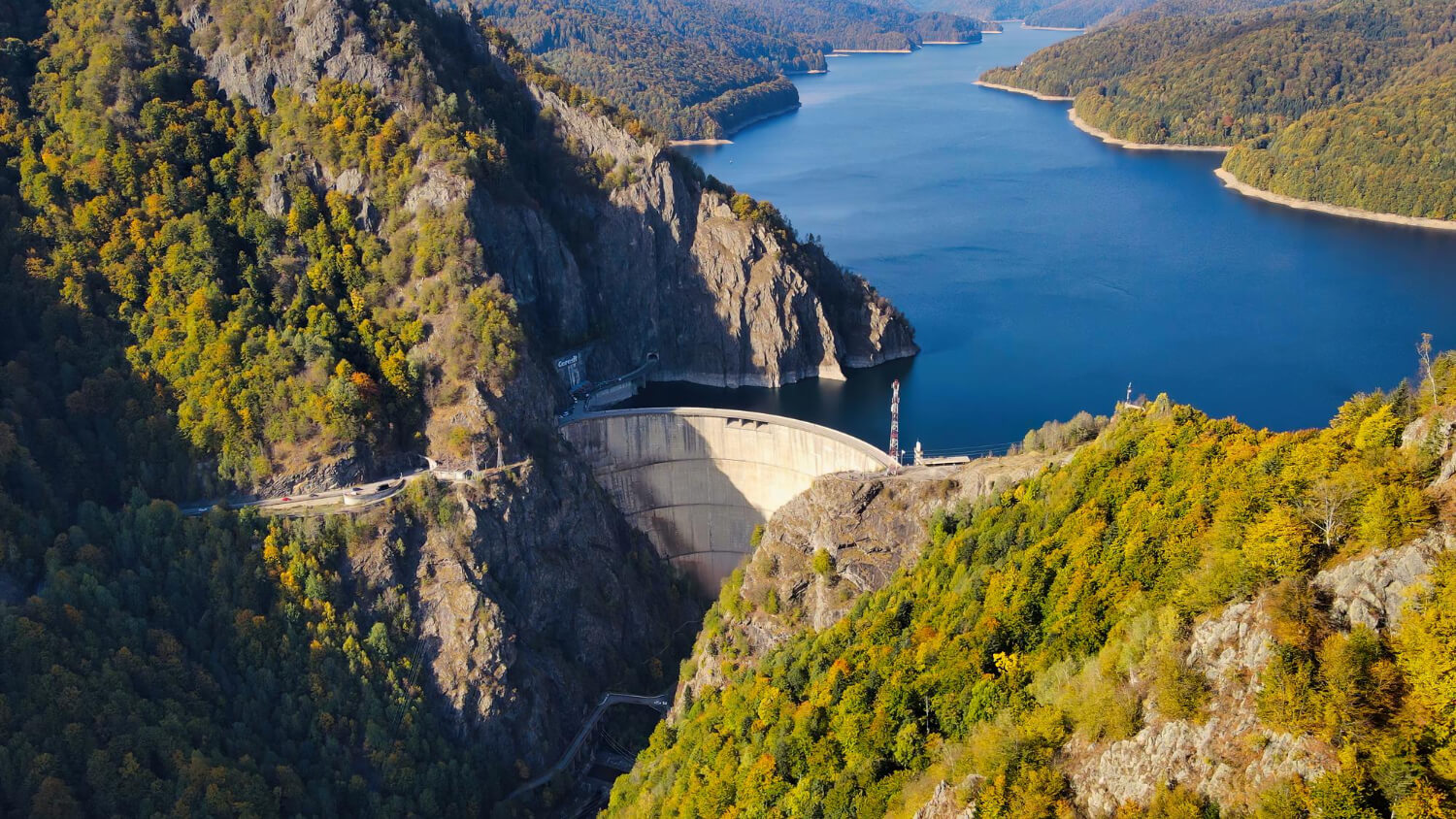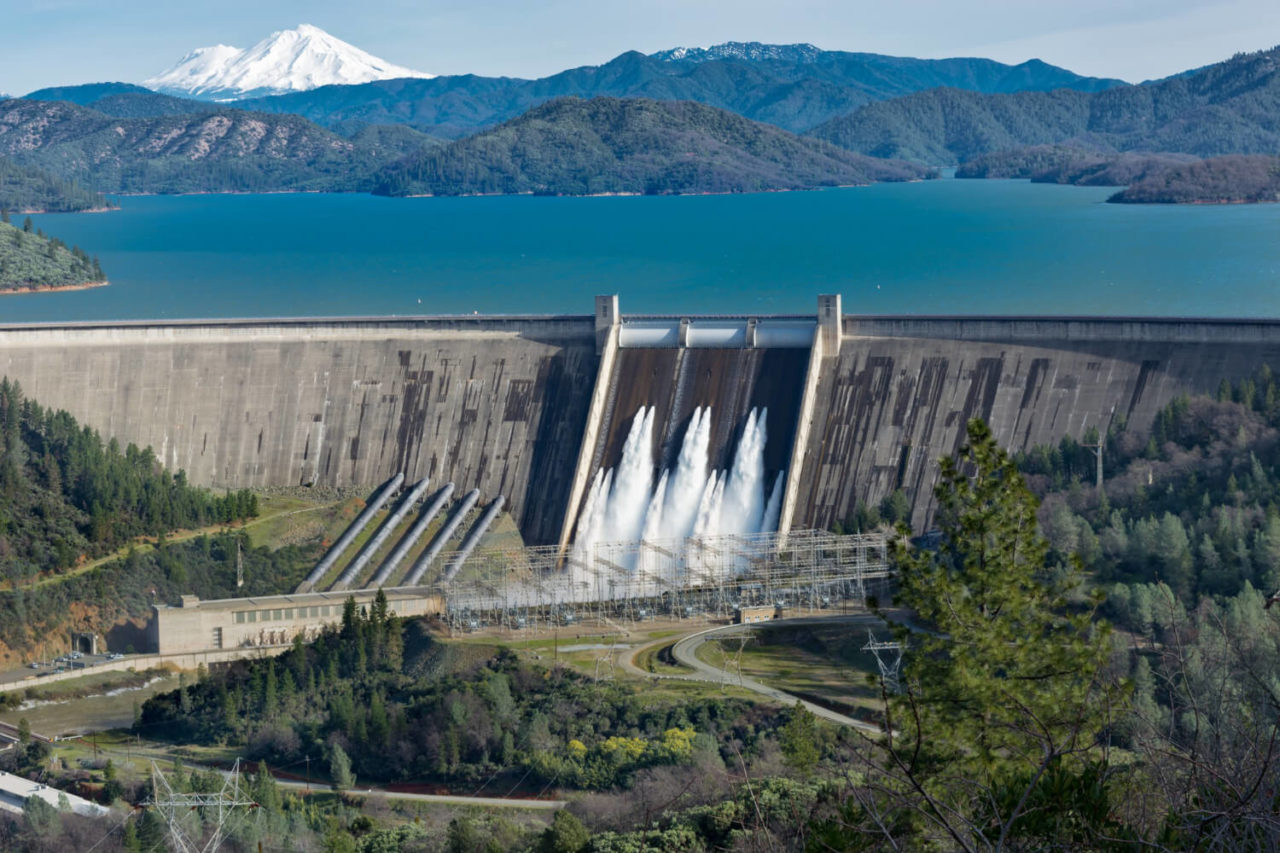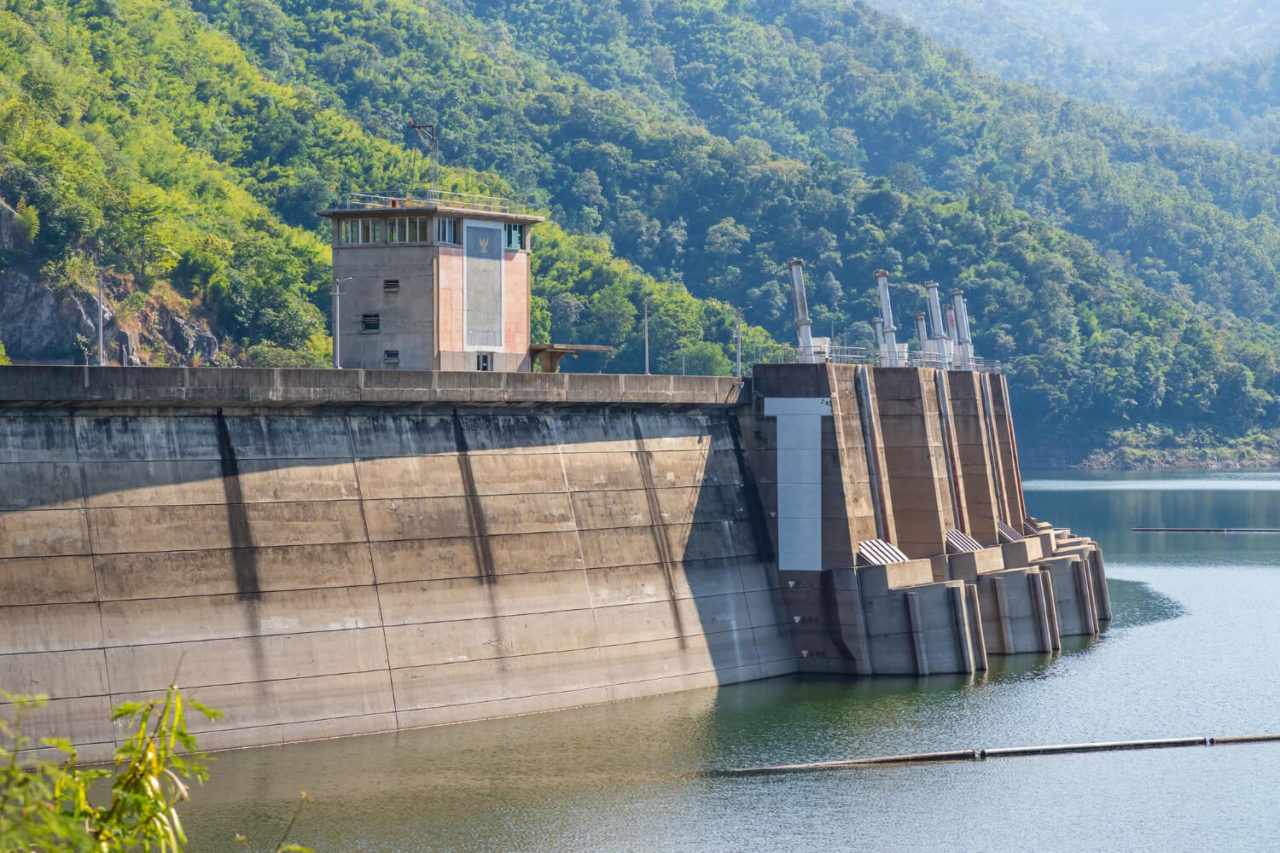
Climate change-fueled heatwaves and droughts have shrunk rivers that feed giant hydropower plants around the world.
The biggest power plant in the world was hauntingly silent this summer. The Three Gorges Dam in China is a magnificent structure that spans the Yangtze River and is so large that it could cover seven Wembley Stadiums with concrete and eight Empire State Buildings with steel. The Philippines might be entirely powered by its turbines.
However, in late August, the water was still on both sides of the dam. It was impossible to see the usual white spray rising from the spillway or the water boom emanating from the turbines. The reservoir has been considerably depleted due to extreme heat and a drought upstream, which has significantly decreased the plant’s capacity to produce energy.

The world’s hydropower crisis, which is exacerbated by global warming, includes China’s famous mega-dam’s water problems. Heat waves and droughts have reduced the size of rivers that feed reservoirs from Germany to California. Hydroelectricity output fell by 75 terrawatt-hours in Europe this year through September — more than the annual consumption of Greece — and fell 30% across China last month. In the US, generation is expected to fall to the lowest level in six years in September and October.
Hydropower is being reevaluated
Utility companies are being forced to reevaluate hydropower’s historic position as a dependable and quick source of green energy due to a harsh irony. Dams are the world’s largest renewable energy source, but because of extreme weather, they are becoming less effective in the fight against climate change.
The issue is that there aren’t many green options that are equally accessible or versatile. Globally, hydropower generates more electricity than nuclear power and more than the combined output of wind and solar power.

According to Greenpeace, hydro’s problems highlight how difficult it is to establish a reliable renewable energy network to displace fossil fuels, particularly in developing countries where per-capita consumption is rising and there is also a pressing need to meet the rising demand for power. At the same time the drought issues underscore the need to speed up efforts to curb rising temperatures as the cost of making the energy transition mounts.
We must acknowledge that there will be events for which there is no way to plan or for which the costs are prohibitive. Catastrophic losses will happen if we don’t address the fundamental cause of climate change and reduce emissions.
Originally published in Bloomberg

Our goal at Universal Kraft is to provide renewable energy solutions that could help civilization become less carbon-dependent. We provide a range of options for energy storage, wind, solar, green hydrogen, and waste-to-energy technologies. See more articles about clean energy and sustainability here.




